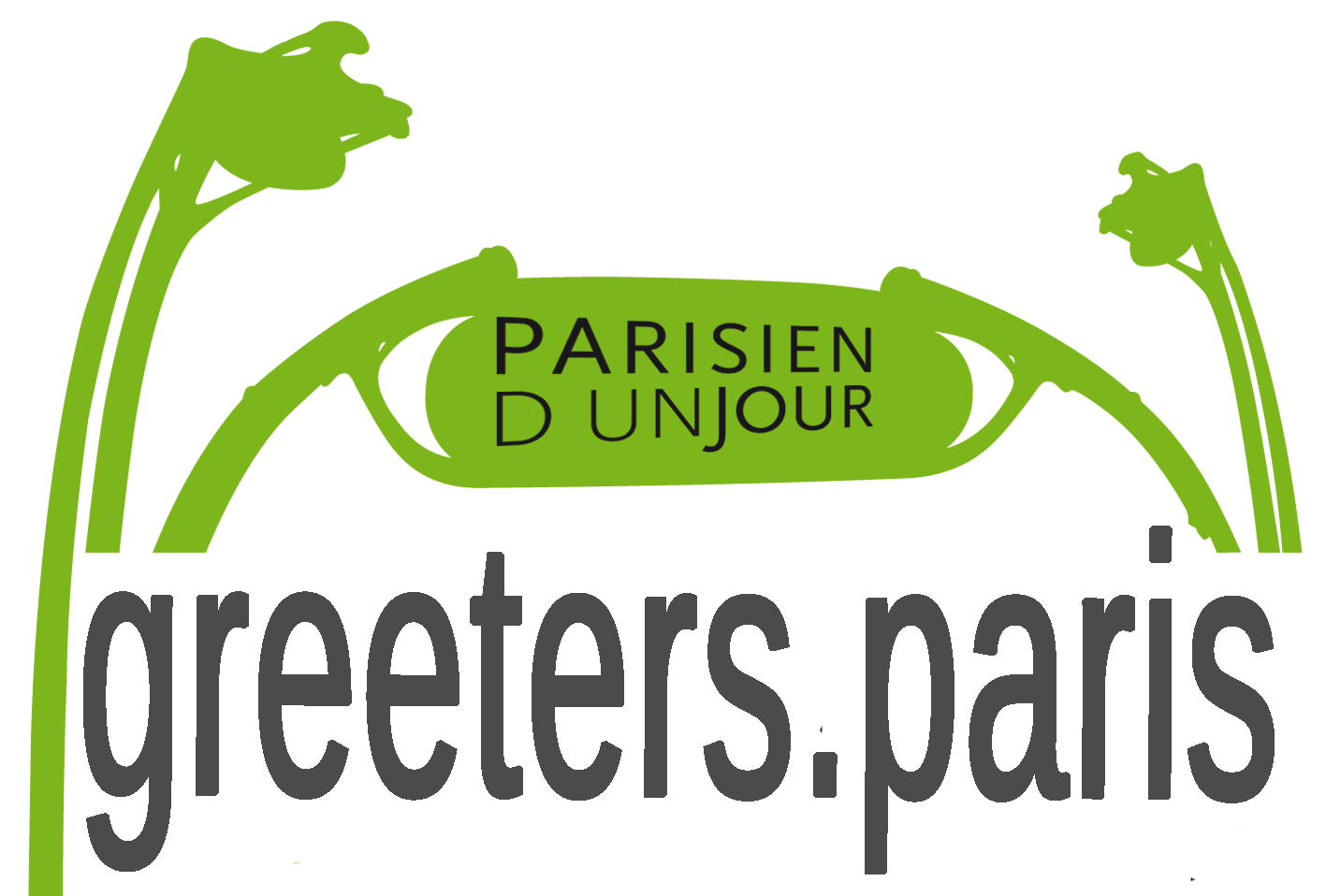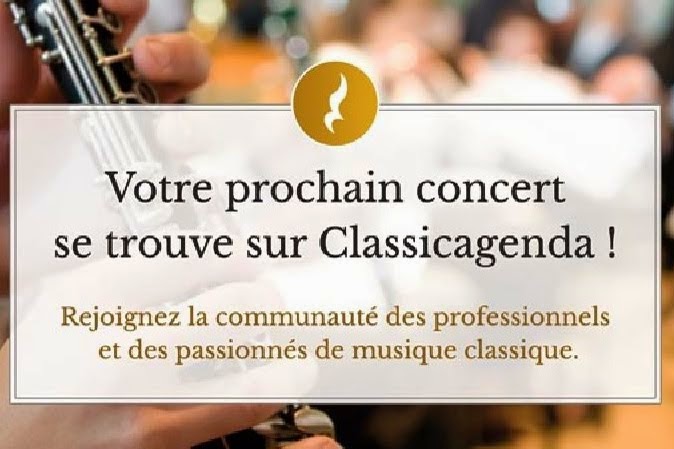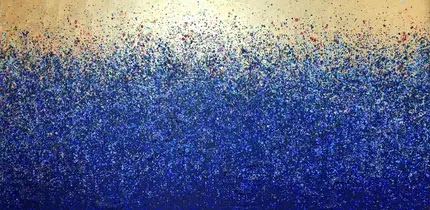12.9.13
9.9.13
Not true...
The above is what can be found on a building, close to « Les Halles ». It indicates that the present building stands on the premises where Molière was born in 1620. Actually, he was born in 1622 … and not here!
What obviously happened is that a tripe-seller once occupied the ground floor and someone made him believe that this was the place Molière was born. Of course it would make nice publicity and the tripe-seller invested in this nice piece of art to decorate the building.
Actually,
Molière was born not far from here, in the crossing of Rue Sauval and Rue St.
Honoré. Again, the actual building is the result of a reconstruction in the very
beginning of the 19th century, but here you can find a more official
plate on the front of present building and you can read that he was born here
January 15, 1622. His father held a boutique selling tapestry, furniture... on the
ground floor. Molière was baptized in the fairly nearby St. Eustache church.
In a
previous post I talked about where he died in 1673…. and I also mentioned him in
a post about Pézenas in the south of France where he performed.
5.9.13
Square Robert Schumann
They could
have cleaned the statue of Rober Schumann (1886-1963), not the composer, the
statesman. Yesterday, September 4, was the 50th anniversary of his
death.
The statue
stands in a little park, Square Robert Schumann, close to his Paris home and close to what used to be the
NATO headquarters until 1967, when they moved to Belgium. (President De
Gaulle was not quite happy with the NATO organization.) Today the buildings are occupied by the Paris
Dauphine University. If the statue of Robert Schumann stands here it’s probably
because he was the one who signed for France, as Foreign Minister, when NATO
was created in 1949.
Robert
Schumann’s name is however more especially regarded as one of the founders of
the European Union. He was French Prime
Minister and Foreign Minister at several occasions during the first years after
WWII. Already in 1940 he was a minister until the Nazi occupation. He was
arrested, prisoner, but escaped in 1942 and joined the French Resistance. He
already then spoke about the Franco-German reconciliation. He was a major element
in the creation of the European Coal and Steel Community, which later in
different steps have led to what today is the European Union. His European,
especially Franco-German, involvement can certainly be explained by the fact
that he came from the Lorraine region, where he was born German and became
French after WWI.
The park is
rather small, but nice, of course especially a sunny summer day.
The park
has an immediate neighbor, another park, named after a French General who was
killed during WWI, Ernest Anselin (1861-1916), who also was War Minister for a
short while. This park, Jardin du Général Anselin, is quite different, to a large part in shadow even a
sunny day. Space to play and especially to sit down… but empty despite the
lunch hour.
Labels:
Paris 16
2.9.13
What is this?
There is a
surprising piece of facade on an ordinary haussmannian building on
Boulevard-de-la-Tour-Maubourg. It clearly reminds you of a piece of the Château de
Blois, more particularly the part of the castle which was initiated by King Louis
XII; Blois was his favourite royal residence. Louis reigned 1498-1515.
The resemblance
with this piece of facade and the Château de Blois is even more striking when
you look on some details, similar to the ones you can find on the Blois castle. The porcupine
was Louis XII’s emblem. One of his (three) wives was Anne de Bretagne (Brittany)
and we can read an “A”.
I have
tried to find out what this façade may hide, but have no clear answer. The
place seems abandoned, empty. On the net
I have found some guesses about a former (antique?) shop. I even asked someone
who obviously lived in the building, but he didn’t know. On the net, there are
also some hints about the “Order of the Porcupine”, which however only
officially existed between 1394 and the beginning of the 16th century when
Louis XII dissolved it. I hope that maybe one of my readers may have a
good explanation.
Labels:
Paris 7
Subscribe to:
Posts (Atom)






























